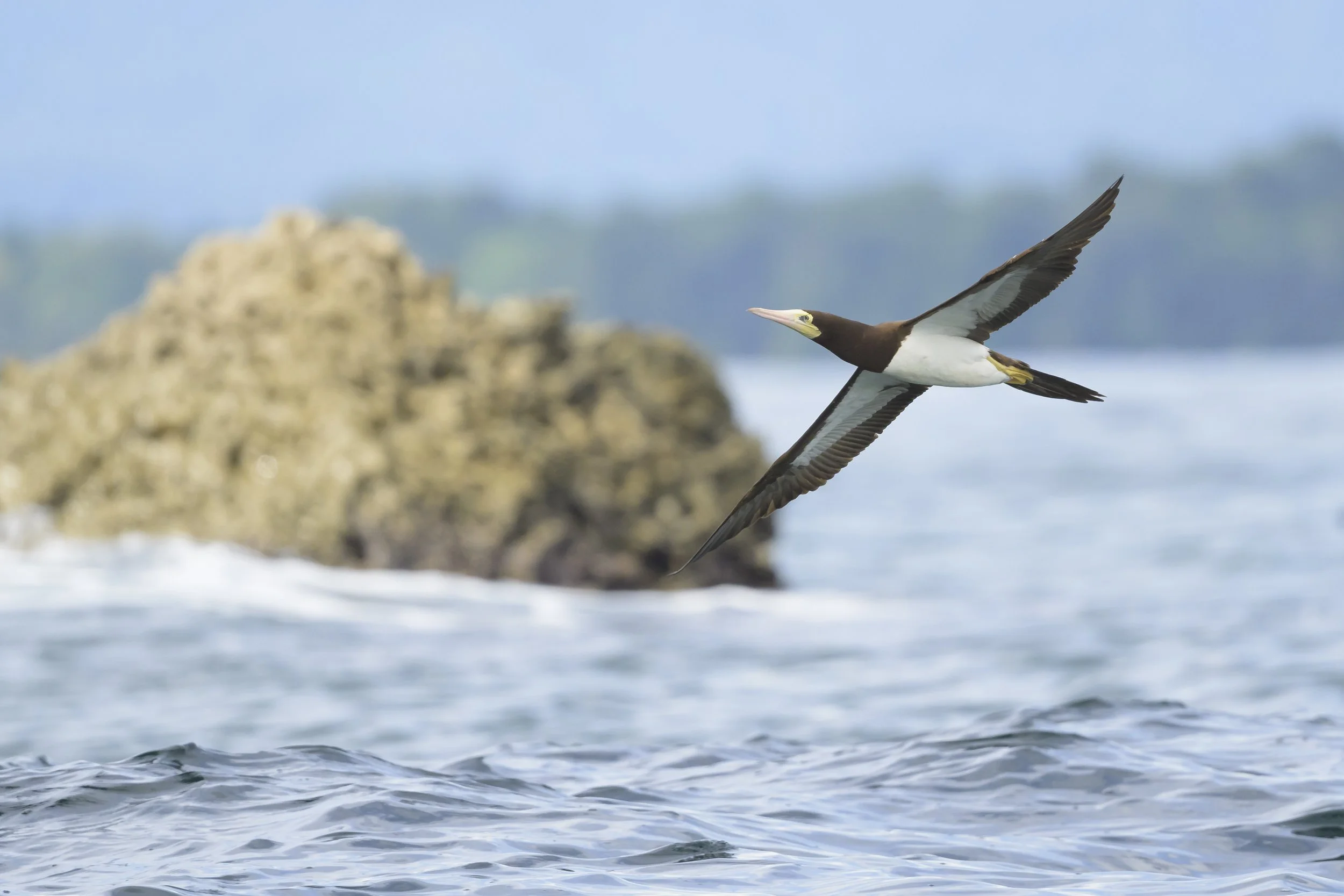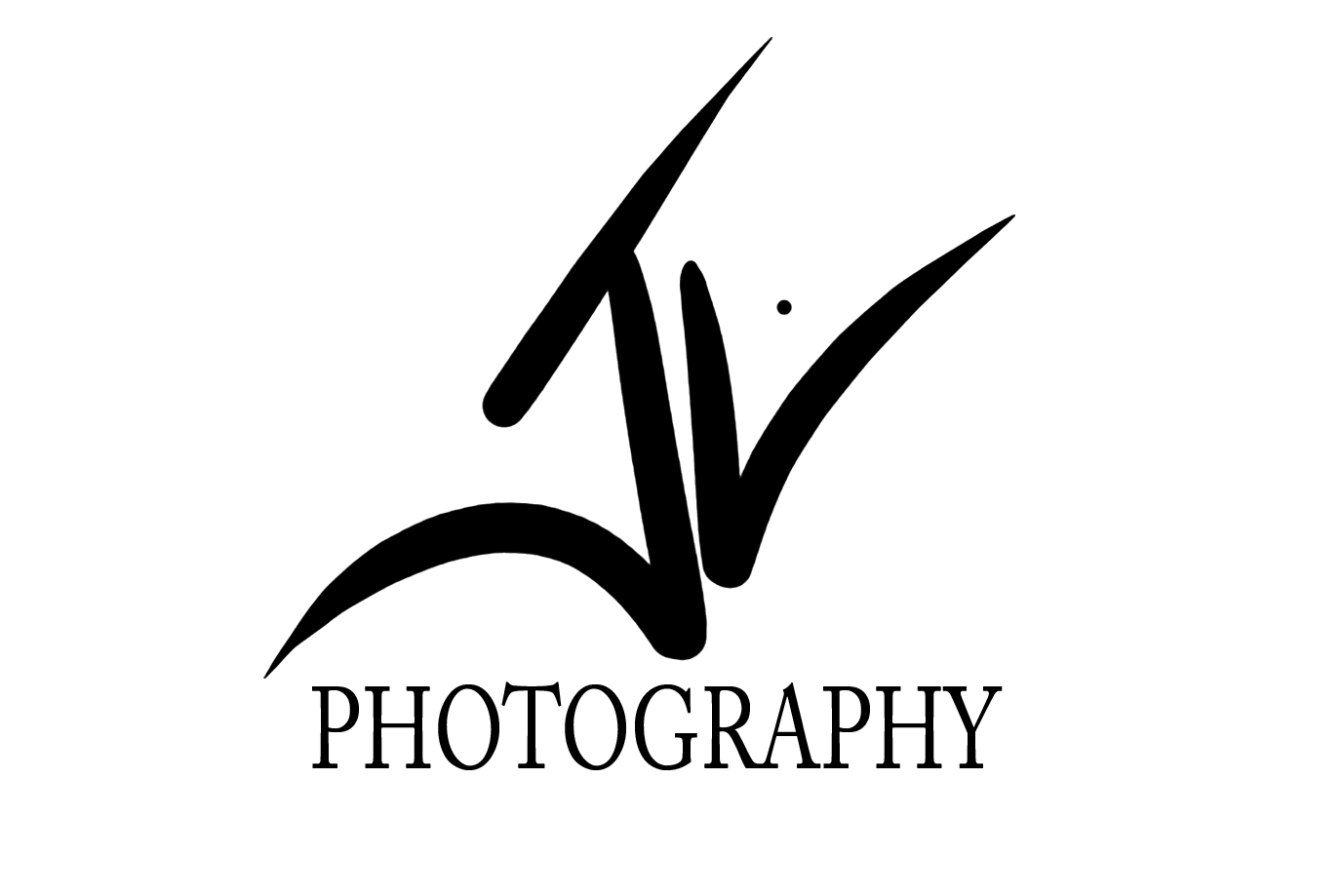
Wildlife of panama
The biological diversity of Panama is the stuff of legend. Standing as a bridge between the Northern and Southern Hemispheres, the isthmus of Panama is a place of immense beauty and a landscape where new species are still being discovered every year. Let it suffice to say that there is a very good reason the Smithsonian has no less than 9 different research facilities in this tiny little country.
And it’s this extraordinary biological diversity that sits at the heart of the workshop.
Our workshop will span both coasts of this country, in order to offer participants an unparalleled wildlife photography experience in Panama.
Beginning in Panama City, Panama, we will spend our first day of the workshop in a classroom session where you will learn the skills necessary to take full advantage of your time in the rainforest. From lowlight photography, to birds in flight, to mastering flash, this classroom session will be critically important for preparing you for the unique styles of photography and challenges that lay ahead.
After our day in the city, we will transfer to the heart of the rainforest, where the calls of keel-billed toucans mix with the roars of howler monkeys around the lodge. This lodge will be our base of operations for the next couple days as we set off by boat each morning and afternoon to photograph everything from tiger herons to snail kites, Geoffry’s tamarin to white faced capuchins.
When it comes to photographing monkeys, you will be hard pressed to find a better place in Central and South America. After nearly a decade of traveling and photographing across the neotropics, the opportunities here to create frame filling and beautiful portraits of three different species of monkeys is beyond words.
After several days exploring this region, we will then transfer to the Caribbean islands along north coast of the country by plane where the rest of the workshop will be based. The archipelago is known as Bocas del Toro.
Named “Mouth of the Bull” by Cristopher Columbus upon stumbling across these islands in 1502, the archipelago is a labyrinth of lush islands covered in lowland rainforest surrounded by coral reefs and some of the most beautiful tropical waters you have ever seen. Thanks to the unique geological history of this archipelago, each island plays home to a suite of different species of wildlife. The diversity is so extreme here, that the Smithsonian refers to the whole of the place as the Galapagos of the Caribbean.
Simply getting to our destinations is half the adventure. We will begin this part of the trip on a prop plane flying over the mountains and up the coast to our islands. Once we land on Isla Colon, we still have a half hour boat ride to the island that our lodge is based on.
Due to the distance of some of these islands form the mainland, neither jaguars or harpy eagles have reached this area. What this means for us is that there is probably no better place on the planet to find and photograph sloths. If you have been to Costa Rica to photograph sloths, nothing you have experienced will have prepared you for the extraordinary abundance of these animals in this archipelago, where we will have not one, but two different species to photograph.
It will also be here in the archipelago that we make trips out into the Caribbean to photograph red-billed tropic and magnificent frigate birds. The colony here offers up some of the most beautiful compositions you will ever find of these birds. From the moody and artistic chiaroscuro lighting to compositions of birds soaring above waves exploding on rocks, this place is one you have to experience in order to believe.
This workshop is 9 days of photography and adventure you will never forget.
Dates:
October 28 – November 6, 2024 | One Space Available
October 25 - November 2, 2025 | Space Available
Price: $8,500
Deposit: $2000
Classroom Session: We will spend a full day in a classroom session discussing the important photographic concepts needed to take full advantage of this workshop. From low light photography to mastering birds in flight, this classroom session is designed to insure that each participant is fully prepared for the opportunities to come. This one day will completely change your success rate for the entire workshop.
Physical Difficulty: Moderate – because of heat and humidity of the tropics
Skill Level: Beginner to Advance
Lodging: All lodging is included.
Local Flights: Included
National Park Fees: Included
Not Included: Travel to and from Panama, items of a personal nature, gratuities
Airport: Tocumen International Airport (PTY)
Suggested Lodging in Panama City: J.W. Mariott Panama City


















Itinerary
Day 1: Arrive in Gamboa, Panama. We will arrange for transportation at a specified time from Tocumen International Airport and the J.W. Marriott in Panama City (for those who arrived early). Once everyone is settled into their rooms, we will meet for happy hour, dinner, and a briefing about the upcoming week.
Day 2: The following morning we will be spent indoors talking shop. This is a photography workshop, not a tour. So, everything about this trip is designed to help you improve your photography. For this reason, the first day will be spent in a classroom like setting where we will discuss skill sets we believe to be critical for your success. And we guarantee your workshop will significantly more productive after spending the day with us refining the skills necessary for getting the most out of your trip to photograph bald eagles with us. The afternoon will be spent on boats working along the Panama Canal and Lago Gatun region photographing birds and monkeys.
Day 3 - 4: Much like the afternoon of the second day, we will spend both morning and afternoon in the field photographing wildlife along the Panama Canal and Lago Gatun. This will result in two trips each day: one in the morning and one in the afternoon.
Day 5: We will pack up from our lodge and transfer to Albrook Airport where we will check in and catch a local flight via Air Panama to the islands along the Caribbean coast of the country. We will meet out guides at the airport, transfer luggage and camera equipment down to the docks and embark on a 30 minute boat ride through some of the most breathtaking tropical scenery you have experienced as we navigate around coral reefs and mangrove islands to our lodge. Once we arrive, we will have an orientation and lunch before heading out into the field for the afternoon.
Day 6 - 8: Each day will be dictated by weather as to where we will go and how we will photograph. The region is dotted with hundreds of little islands, each containing their own assortment of unique and endemic species. We will travel to several of these islands and you will have the opportunity to assist in finding our target species. Additionally, throughout this time we will also make two separate trips out to one of the most important pelagic seabird rookeries in the Caribbean where we will photograph red-billed tropicbirds and brown boobies.
Day 9: Depart the islands for Panama City. We will leave the islands in the morning. The flight back, weather allowing, is roughly an hour to Albrook airport. Once in Panama City, participants will head home or on to their post-workshop destinations.
Highlights
Photograph in one of the most biological diverse hotspots on the planet
Experience the legendary Panama Canal up close and personal while photographing birds and monkeys
The Smithsonian refers to the islands we will be traveling to are known as the Galapagos of the Caribbean due to the extraordinary number of endemic species
The densest population of sloths in the Americas
One-on-one photography instruction
A deep dive into the ecology of the bridge of the Americas, island biogeography, and amphibian conservation
Potential wildlife subjects: over two hundred different species of birds, countless species of reptiles and amphibians, two species of sloths, and so much more.




